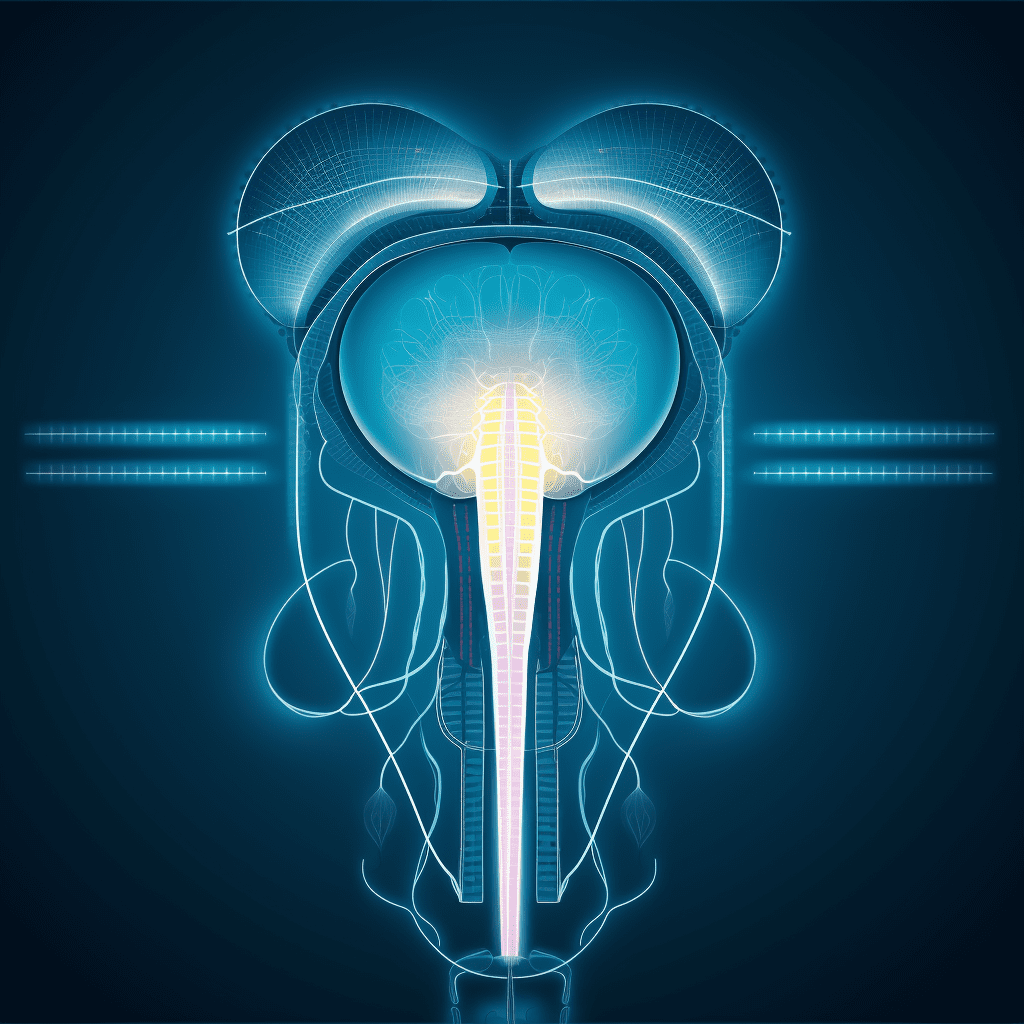Bladder Cancer ICD-10 Codes: A Comprehensive Guide
 3 years ago
By John Lewis Elopre
3 years ago
By John Lewis Elopre

In the realm of medical coding and classification, understanding the International Classification of Diseases, 10th Revision (ICD-10) codes is crucial. These alphanumeric codes are used to accurately represent various medical conditions, facilitating efficient record-keeping, billing, and statistical analysis. In this article, we’ll delve into the world of Bladder Cancer ICD-10 codes, shedding light on their significance and how they contribute to the healthcare landscape.
Bladder Cancer ICD-10 Codes
Medical coding forms the backbone of healthcare administration, enabling a standardized way of documenting diagnoses, treatments, and procedures. Bladder cancer, a significant health concern, has its own set of ICD-10 codes that aid in recording and tracking this condition.
Understanding Bladder Cancer
Bladder cancer is characterized by the abnormal growth of cells within the bladder, a vital organ in the urinary system. The disease can manifest in various forms, including transitional cell carcinoma, squamous cell carcinoma, and adenocarcinoma.
The Significance of ICD-10 Codes
ICD-10 codes serve as a universal language that medical professionals, insurers, and researchers use to communicate about diseases. These codes allow for accurate data collection, which is essential for healthcare policy planning, resource allocation, and epidemiological research.
Bladder Cancer ICD-10 Codes: Explained
4.1 Types of Bladder Cancer
Bladder cancer ICD-10 codes are designed to capture the nuances of different bladder cancer types, aiding in accurate diagnoses and tailored treatment plans.
4.2 Primary Site Codes
ICD-10 codes also indicate the primary site of the cancer, providing specifics about where the disease originated.
4.3 Behavior Codes
Behavior codes differentiate between malignant, benign, and uncertain neoplasms, enabling clear communication regarding the nature of the tumor.
4.4 Associated Complications Codes
These codes allow medical professionals to note any complications or comorbidities associated with bladder cancer, facilitating holistic patient care.
Navigating Bladder Cancer Coding
5.1 Assigning ICD-10 Codes
Assigning the correct ICD-10 code demands a deep understanding of the disease, its stages, and its intricacies.
5.2 Coding Challenges
Complex cases may pose challenges in coding due to overlapping symptoms and stages, underlining the need for expertise in accurate coding.
5.3 Importance in Healthcare Analytics
Accurate coding of bladder cancer plays a pivotal role in generating reliable health statistics, which are crucial for research and healthcare planning.
Benefits of Accurate Coding
Accurate coding reduces errors in medical records, minimizes claim denials, and supports efficient communication among healthcare providers.
Future Developments in ICD Coding
The field of medical coding is ever-evolving. Future advancements will likely bring more specificity and granularity to disease classification.
ICD-11: A Sneak Peek
The upcoming ICD-11 is anticipated to further revolutionize medical coding by incorporating technological innovations and medical discoveries.
Ensuring Compliance and Accuracy
Staying up-to-date with coding guidelines and participating in continuous education is vital for ensuring accurate coding practices.
Educational Resources for Coders
A plethora of online resources, workshops, and courses are available to help coders enhance their skills and stay abreast of coding updates.
Key Takeaways
Understanding Bladder Cancer ICD-10 codes is essential for effective healthcare administration, research, and resource allocation.
In the dynamic landscape of healthcare, accurate documentation is paramount. Bladder Cancer ICD-10 codes provide a structured approach to capturing vital information, contributing to improved patient care and informed decision-making.
FAQs
What is the purpose of ICD-10 codes for bladder cancer? ICD-10 codes facilitate accurate recording and communication of bladder cancer diagnoses for various purposes.
Are ICD-10 codes universally accepted? Yes, ICD-10 codes are recognized and used internationally as a standardized coding system.
How often are ICD codes updated? ICD codes are updated periodically to accommodate new diseases, medical advancements, and technological changes.
Can one code cover multiple aspects of a patient’s condition? In some cases, a single code can represent multiple facets of a patient’s condition, but specific codes offer greater accuracy.
Where can I learn more about ICD-10 coding? You can access more information and resources about ICD-10 coding through educational platforms and medical associations.

Navigating the Complex World of Global Regulatory Affairs in Oncology
In today's fast-paced global pharmaceutical landscape, the regulatory affairs sector plays a pivotal role in ensuring the safety, efficacy, and market access of oncology drugs. As the demand for innovative cancer therapies continues to grow, understanding the intricacies of global...
2 years agoNavigating the Complex World of Global Regulatory Affairs in Oncology
In today's fast-paced global pharmaceutical landscape, the regulatory affairs sector plays a pivotal role in ensuring the safety, efficacy, and market access of oncology drugs. As the demand for innovative cancer therapies continues to grow, understanding the intricacies of global...
2 years ago
The Vital Role of Institutional Review Boards (IRBs) in Oncology Research
In the world of medical research, ethics play a paramount role. Researchers, especially in fields like oncology, are constantly striving to find innovative solutions and treatments to combat cancer. However, these advancements must be achieved within the boundaries of ethical...
2 years agoThe Vital Role of Institutional Review Boards (IRBs) in Oncology Research
In the world of medical research, ethics play a paramount role. Researchers, especially in fields like oncology, are constantly striving to find innovative solutions and treatments to combat cancer. However, these advancements must be achieved within the boundaries of ethical...
2 years ago
Data Privacy and Security in Oncology Trials
In today's digital age, data privacy and security have become paramount concerns across various industries, including healthcare. Within the realm of clinical research, particularly in oncology trials, safeguarding patient data is of utmost importance. This article delves into the critical...
2 years agoData Privacy and Security in Oncology Trials
In today's digital age, data privacy and security have become paramount concerns across various industries, including healthcare. Within the realm of clinical research, particularly in oncology trials, safeguarding patient data is of utmost importance. This article delves into the critical...
2 years ago